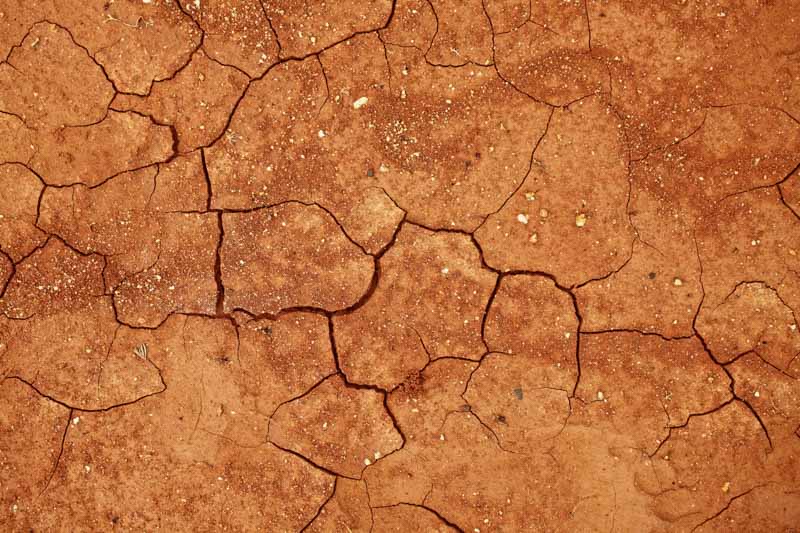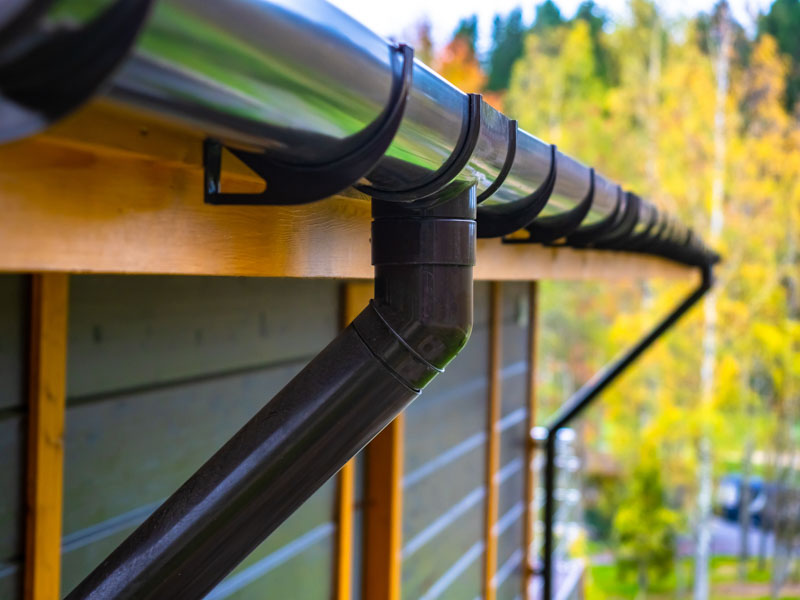The Dallas Fort Worth area and north Texas in general has the unfortunate distinction of being one of the worst areas in the country for home and commercial foundations. There are a number of reasons for this, including weather and soil that is particularly fickle and unstable. We want to give you some tips on how you can prevent foundation problems in the Dallas Fort Worth area as well as some info on why the Dallas area has so many foundation issues. The cost of foundation repair can be high and preventative maintenance can save you thousands of dollars in foundation repairs. Let’s take a look.
How to Avoid Foundation Problems

The majority of foundation issues that develop are due to various factors of soil composition. The expansion and contraction of soil in the presence or absence of water subjects foundations in all environments to considerable stress. In the Dallas and north Texas area, this normal stress is compounded by particularly expansive clay soil. As the name implies, expansive clay soil is prone to large changes in volume as it expands and contracts with changing moisture levels.
The expansive nature of this soil would not be much of a problem if the moisture content of the soil remained stable as it does in consistently rainy or consistently dry climates. But as you know, the weather patterns in the Dallas area are anything but stable and are subject to considerable variation between seasons and even day to day, with long stretches of drought followed by prolonged rain. The combination of particularly expansive soil with a particularly erratic climate is the main driver behind the foundation issues in the Dallas area.
So, the goal of almost all preventative foundation maintenance is to keep the soil moisture composition around your house as stable as possible, neither too dry nor too wet. Below are some tips on the best way to go about this.
1. Water Your Foundation
You have heard of watering your grass, but have you ever heard of watering your foundation? While it may sound weird, watering a foundation is a common and increasingly essential part of foundation maintenance.
To water your foundation, install a soaker hose or sprinkler system around your foundation. During the hot summer months, it is a good idea to water your foundation every day. Make sure to water the foundation in the early morning or late afternoon so that the water does not evaporate before it has a change to absorb.
2. Check Your Drainage Situation

While watering a foundation is an important step in keeping the soil around your foundation from becoming too dry, it is also important that it doesn’t become too wet to prevent foundation problems. You need to make sure that water does not pool around your foundation in the case of heavy rains, also called negative drainage. This includes ensuring that your landscaping slopes away from your home. All new landscaping or construction must take into consideration how water is going to behave around it. Make sure to talk with any contractors you hire about how any new construction will affect drainage and your foundation.
Additionally, it is important that you check your gutters and drainage downspout for clogs. A clogged gutter will overflow onto the ground right next to your foundation and pool. Make sure that your downspouts are extended far enough away from your foundation to prevent water accumulation.
If you still have drainage issues or too much water accumulating due to negative drainage, you could consider installing a French drain. French drains are especially good for controlling water accumulation on properties where the land slopes toward the house. Installing a French drain to protect your foundation from foundation problems is often a less expensive alternative to re-grading the entire lawn and landscape.
3. Check for Signs of Foundation Damage Regularly
As part of any maintenance program, it is a good idea to check your foundation for any signs of damage. Signs of foundation damage can include exterior symptoms such as brick veneer or foundation cracks, or interior symptoms such as out of square doors. See our blog on Signs of Foundation Movement for a complete list.
4. Get Your Foundation Inspected by a Professional
If you have concerns about the state of your foundation, a professional foundation inspection is a great way to ease your mind. A professional and independent foundation inspector will complete a thorough inspection of the foundation and recommend changes to drainage or other remedial actions to prevent damage to your home’s foundation. If the foundation requires repair, an independent foundation inspection includes an unbiased engineering report that you can use to get competitive prices on the correct type of repair. Call Lange Engineering to schedule an inspection or use our online form to schedule one online. We look forward to hearing from you.


Recent Comments